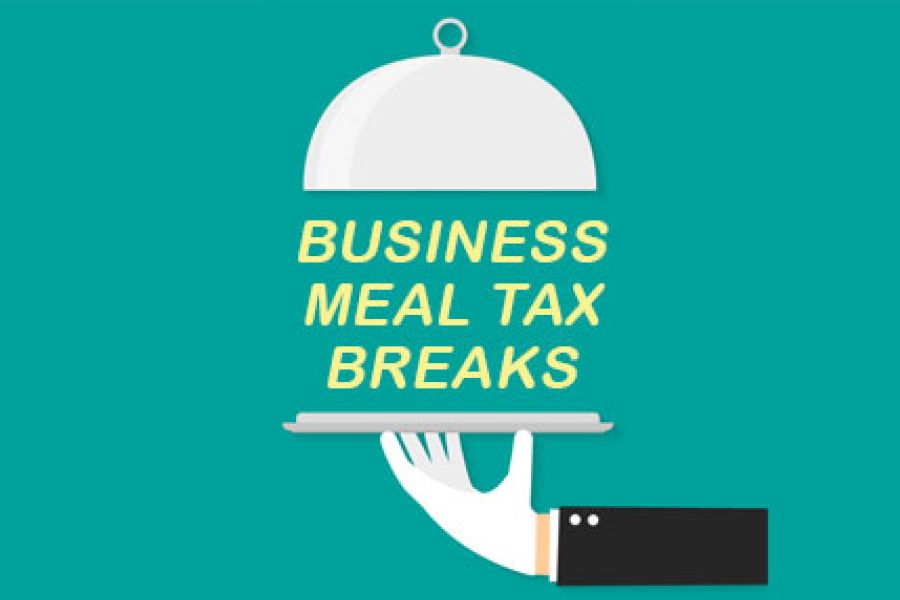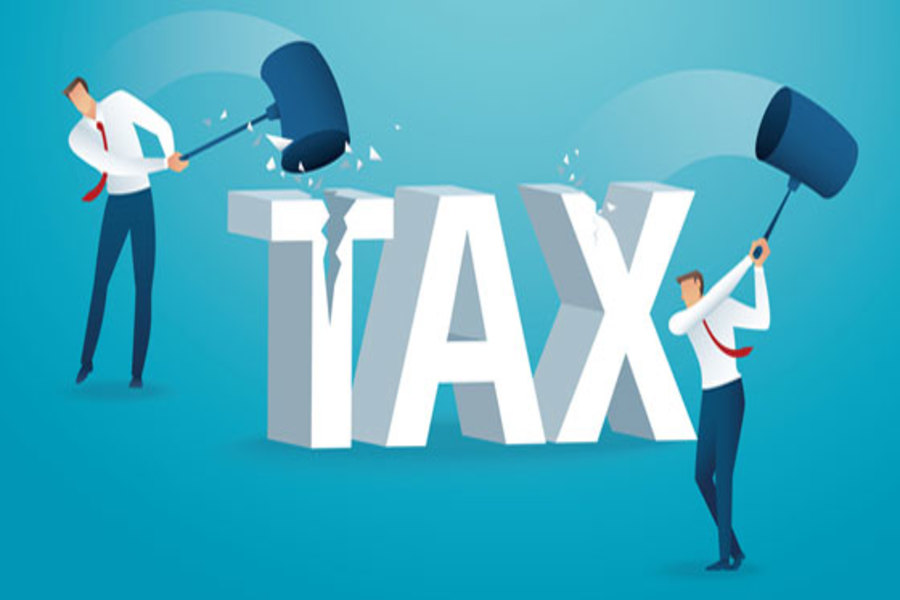New technologies, including artificial intelligence and machine learning, increasingly are being applied to the old problem of occupational fraud. But in most circumstances, common accounting tools — “variance analysis” and “contribution margin” — remain effective in uncovering possible evidence of theft. Gaps and absences After your organization finalizes its annual budget, you may perform a variance analysis, reviewing differences between actual and budgeted performance. If, for example, actual wages significantly exceed budgeted wages, the difference could be due to such factors as wage increases, productivity declines or greater downtime. But it could also signal phantom employees on the payroll. Fraud experts pay particular attention to variances related to inventory and purchase pricing. Supply-related variances could indicate the existence of kickbacks. Or they might suggest fictitious vendors —...

While the COVID-19 crisis has devastated many existing businesses, the pandemic has also created opportunities for entrepreneurs to launch new businesses. For example, some businesses are being launched online to provide products and services to people staying at home. Entrepreneurs often don’t know that many expenses incurred by start-ups can’t be currently deducted. You should be aware that the way you handle some of your initial expenses can make a large difference in your tax bill. How expenses must be handled If you’re starting or planning a new enterprise, keep these key points in mind: Start-up costs include those incurred or paid while creating an active trade or business — or investigating the creation or acquisition of one. Under the Internal Revenue Code, taxpayers can elect to deduct...
(This is Blog Post #854)...
Machine learning increasingly is being used to discover fraud schemes. Smart software can find fraud. With this type of artificial intelligence (AI), the technology learns or improves in accuracy through experience, rather than through additional programming. If you already use AI in your business, you’re probably somewhat familiar with how machine learning works. But here’s a quick overview of its application in fraud detection. New approaches needed More and more, businesses rely on digitization to deliver the goods and services their customers want. Unfortunately, digitization also makes it easier both for cybercriminals and stakeholders, such as employees, vendors and customers, to steal. Preventing fraud in the digital age requires new approaches. Machine learning is one such approach. Traditional rules-based fraud detection software flags transactions — such as...
If you operate a small business, or you’re starting a new one, you probably know you need to keep records of your income and expenses. In particular, you should carefully record your expenses in order to claim the full amount of the tax deductions to which you’re entitled. And you want to make sure you can defend the amounts reported on your tax returns if you’re ever audited by the IRS or state tax agencies. The fact is that good records are the key to trouble-free IRS audits. Certain types of expenses, such as automobile, travel, meals and office-at-home expenses, require special attention because they’re subject to special recordkeeping requirements or limitations on deductibility. It’s interesting to note that there’s not one way to keep business records....
Restaurants and entertainment venues have been hard hit by the novel coronavirus (COVID-19) pandemic. One of the tax breaks that President Trump has proposed to help them is an increase in the amount that can be deducted for business meals and entertainment. It’s unclear whether Congress would go along with enhanced business meal and entertainment deductions. But in the meantime, let’s review the current rules. Before the pandemic hit, many businesses spent money “wining and dining” current or potential customers, vendors and employees. The rules for deducting these expenses changed under the Tax Cuts and Jobs Act (TCJA), but you can still claim some valuable write-offs. And keep in mind that deductions are available for business meal takeout and delivery. One of the biggest changes is that you...
The extended federal income tax deadline is coming up fast. As you know, the IRS postponed until July 15 the payment and filing deadlines that otherwise would have fallen on or after April 1, 2020, and before July 15. Here's some ways to chip away at your 2019 business tax bill. Retroactive COVID-19 business relief The Coronavirus Aid, Relief and Economic Security (CARES) Act, which passed earlier in 2020, includes some retroactive tax relief for business taxpayers. The following four provisions may affect a still-unfiled tax return — or you may be able to take advantage of them on an amended return if you already filed. Liberalized net operating losses (NOLs). The CARES Act allows a five-year carryback for a business NOL that arises in a tax year...
Before the novel coronavirus (COVID-19) pandemic struck, employees who suspected occupational fraud in their organizations had multiple options for notifying their employers. For example, they could use interoffice mail to send information anonymously or meet with HR personnel in person. In today's work from home environment, do you give employees a voice to report fraud? Reporting options for employees working from home are more limited — particularly if they wish to remain anonymous. The current working environment only highlights the necessity for a fraud hotline or online portal that workers can access anywhere, anytime. If your business doesn’t already offer a confidential reporting mechanism, start thinking about how you can establish one. Limiting damage One of the best ways to give employees a voice to report fraud and...
As a result of the coronavirus (COVID-19) crisis, your business may be using independent contractors to keep costs low. That said, are your independent contractors properly classified for federal tax purposes? If the IRS reclassifies them as employees, it can be an expensive mistake. The question of whether a worker is an independent contractor or an employee for federal income and employment tax purposes is a complex one. If a worker is an employee, your company must withhold federal income and payroll taxes, pay the employer’s share of FICA taxes on the wages, plus FUTA tax. Often, a business must also provide the worker with the fringe benefits that it makes available to other employees. And there may be state tax obligations as well. These obligations don’t...
Many businesses were unprepared when the novel coronavirus (COVID-19) pandemic required them to close their physical offices and shift to remote operations. Your company, for example, may have had to scramble to set up a virtual private network (VPN) or move files to the cloud. And while adapting to working from home, employees may have let your usual security procedures slide. From a cybercrime perspective, working from home generally isn’t as safe as working in the office. So you need to look for ways for protecting remote workers from cyberattacks, and prevent criminals from gaining access to your digital assets. Here are five ideas: Invest in education. Require remote employees to participate in security-related training that covers “old-school” phishing scams as well as new COVID-19 variations. As...











